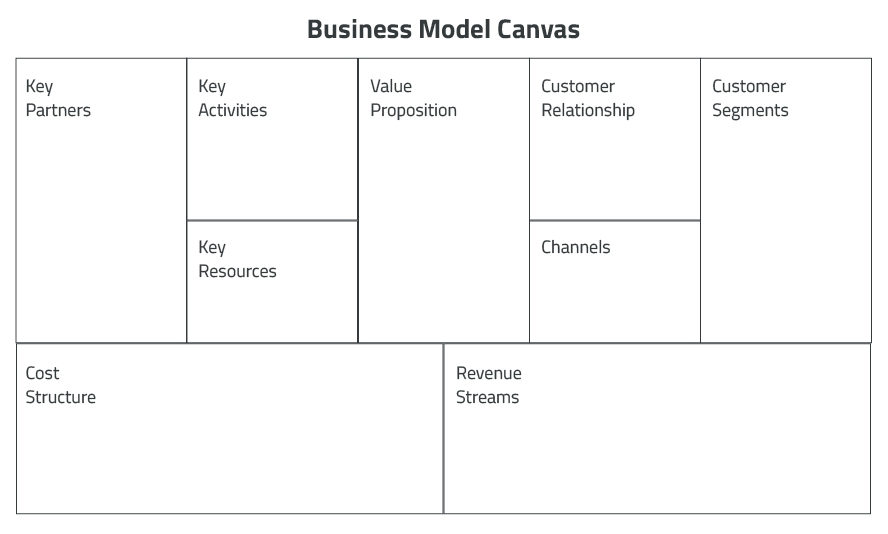Strategic management is that ideas and injunctions that enable the organization achieve its objective or long-term target to perform a better performance. The purpose of strategic management is to seek the opportunities for better future of the organization. Generally, good strategic management practices can improve the organization performance and achieve the organization target objectives. The strategies on an organization are made by the management itself to ensure the successful of the organization. The strategic management process consists of three stages which are strategy formulation, strategy implementation and strategy evaluation. Strategy formulation want to ensure that the organization achieve the objectives that they have been made. Strategy formulation includes the decision on what business to conduct, how to allocate the resources, and whether want the business join or enter to international market. Besides, strategy formulation phase includes developing a vision and mission, identifying an organization external opportunities and threats, determining internal Continue reading
Strategic Management Terms
Strategic Intent – Definition and Meaning
Strategic Intent refers to a “high level statement of the means by which an organisation achieves its VISION”. Today Managers in different organisations are working hard to match the competitive advantage of their global rivals but in order to do the same most of them end up only imitating what their competitors have already implemented. Imitation doesn’t really create the Strategic Intent as competitors have already mastered those techniques and have exploited the first mover advantage. Hence mere imitation doesn’t lead to competitive revitalization. Strategic Intent drives organisations, individuals and groups to meet the challenge of change in business today. Strategic Intent as a concept was born in Post-World war II Japan when it dramatically emerged as world leader in economy. Japanese Organizations had set goals for themselves that might have been considered by most of the Western Organizations of that time as highly unrealistic. But with very few resources Continue reading
Linkage Between Business Models and Innovation
The question of what a business model is often remains relatively vague. The main reason for this is because business people have an intuitive understanding of business models. This is normal, since the business model is about how an organization makes money, which is a manager’s job after all. However, there is often a lack of a more precise and shared understanding of what a business model is. Yet, such a common understanding is required if we want to have high quality discussions of one’s business model and make important business model decisions. Alexander Osterwalder has come up with the 9 building blocks approach to describe business models. This approach has the characteristics of any other type of model (e.g. in architecture or engineering). It is a simplified description and representation of a complex real world object. It describes the original in a way that we understand its essence without Continue reading
Downsizing – A Corporate Restructuring Strategy
Downsizing or layoff is a widespread strategic decision and change practice since 1970’s and during the economic downturn in the year 2016 it became a more common phenomenon. Changing patterns in reasons cited for job loss support this impression of the rising importance of restructurings. Differences in factors such as the state of the economy and the signal sent by job loss could make the process of downsizing and the effects of job loss differ between restructurings of healthy organizations and downsizing due to financial distress. Downsizing Approaches There are many kind of approaches in downsizing. The reasons for the firm to undertake such approaches also varies. They include restructuring, closing or selling of a business unit, cost reduction, cost savings, increased productivity through greater efficiency and effectiveness and coping with external pressure including recessions and economic downturn, economical change, increased competitive pressures through greater globalization of business and technological Continue reading
Concept of Resource Based View (RBV)
The resource based view is defined as a business management tool utilized to know the strategic resources available to firm. The basic principle of the resource based value is that the basis for a competitive advantage of a company lies primarily in the application of the group of valuable resources at the firm’s disposal. In order to change a short-run competitive advantage into a maintained competitive advantage requires that these resources are heterogeneous in nature and not perfectly mobile. In other words, this will change into valuable resources that either perfectly imitable or substitutable without great effort. If these conditions are remained, the company’s group of resources can help the firm sustaining above average returns. The recent dominant view of corporate strategy – Resource Based Theory or Resource Based View (RBV) of company – is based on the theory of economic rent and the view of the company as Continue reading
The Role of Organizational Culture on Strategic Management
The organizational culture is the basis of the Strategic Management, Strategic management is to determine its mission, according to the external environment and internal conditions to set the strategic objectives of the enterprise, in order to ensure the correct implementation of the goals and progress plan, and rely on internal capabilities implemented this kind of planning and decision-making, constraints in the implementation process of a dynamic management process. The organizational culture is the value orientation of the enterprise for a variety of internal and external affairs and resources, enterprises in the long-term organizational values, under the guidance of shared values, guiding principles and select corporate behavior. Excellent organizational culture is an important condition for business strategy development and success. It can highlight the characteristics of enterprises, the formation of the common values of the members of the enterprise, also because of its distinctive personality, more conducive to enterprise to develop Continue reading

